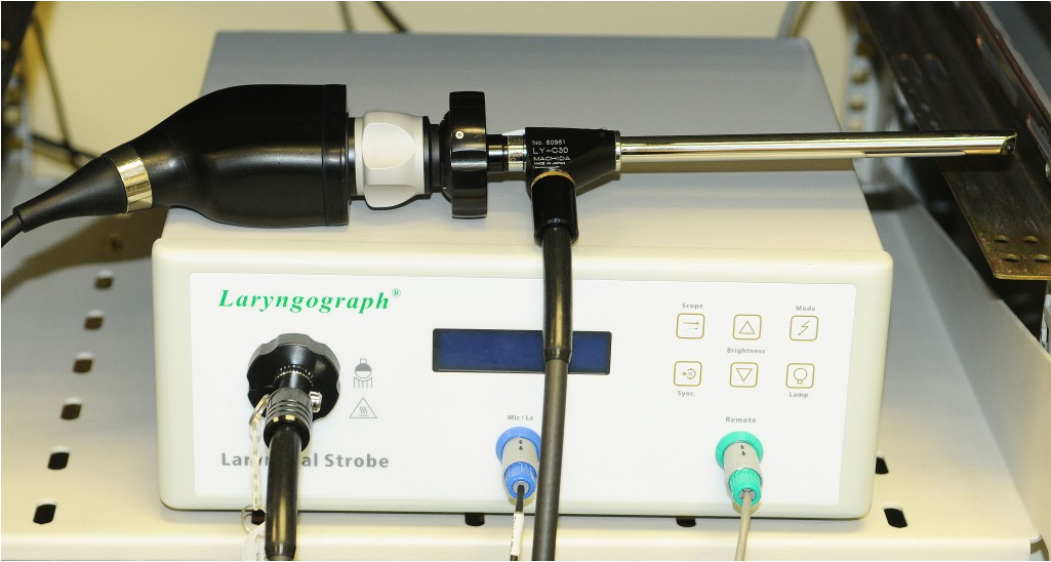5 Causes of Chronic Coughing
Chronic cough is defined as one that lasts for more than eight weeks in adults and four weeks in children. It's one of the most common reasons for doctor's appointments. In fact, a chronic cough affects 11% of the population in the United States. A chronic cough might disrupt your sleep and leave you weary. Severe coughing can result in vomiting, lightheadedness, and even rib fractures. Chronic cough is not an illness in and of itself. It's a symptom of something else wrong with your body.
Read on to learn more about the symptoms and causes of chronic coughing.
What Are the Symptoms of a Chronic Cough?
Some chronic cough symptoms are more prevalent and less serious than others, such as
● Postnasal dripping (tickle in the back of your throat)
● A runny or congested nose
● Throat discomfort or regular throat clearing
● Heartburn
● Fever (a temperature higher than 101 degrees Fahrenheit or 38.3 degrees Celsius)
The following are more serious chronic cough symptoms:
● Weight loss without activity
● Coughing up blood or mucus
● Shortness of breath or wheezing
● A soaking sweat overnight
If you experience any of the symptoms above, request an appointment with your doctor today.
What Are the Causes of Chronic Coughing?
The majority of chronic cough instances are caused by one or more of the following factors, either alone or in combination:
1) Asthma
A cough caused by asthma may come and go with the seasons, arise after an upper respiratory tract illness, or worsen when exposed to cold air, certain chemicals, or scents. The predominant symptom of one type of asthma (cough-variant asthma) is a cough.
2) Gastroesophageal Reflux Disease (GERD)
Stomach acid runs back into the tube that joins your stomach and neck (your esophagus) if you have this illness. Chronic coughing might result from persistent irritation. Coughing aggravates GERD, creating a vicious cycle.
3) Chronic Obstructive Pulmonary Disease (COPD)
Chronic bronchitis and emphysema are symptoms of COPD, a chronic inflammatory lung disease that blocks airflow from the lungs. Chronic bronchitis might result in a cough that produces colored sputum. Emphysema causes shortness of breath and damage to the lungs' air sacs (alveoli). The majority of COPD patients are current or previous smokers.
4) Infections
Coughing can continue even after other symptoms of pneumonia, flu, a cold, or other upper respiratory infections have subsided. Pertussis, widely known as whooping cough, is a frequent but under-recognized cause of a chronic cough in adults. Chronic coughs can also be caused by fungal lung infections, tuberculosis (TB), or lung infections involving nontuberculous mycobacterial organisms.
5) Issues With the Larynx
One of the major causes of chronic cough is issues with the larynx.
What Happens if You Don’t Get Your Chronic Cough Treated?
Chronic coughing can have a detrimental impact on your life and interrupt your daily routine. You can also become excessively fatigued as a result of your inability to sleep (insomnia). Coughing constantly can also cause muscle pain and even rib fractures.
Dr. Elizabeth Burckardt is an otolaryngologist with expertise in the surgical and non-surgical management of voice, airway, and swallowing issues. She is well-versed in treating a wide range of complex difficulties involving the larynx and vocal cords, which frequently result in chronic cough. Contact her for more information on how to treat chronic coughs effectively.










